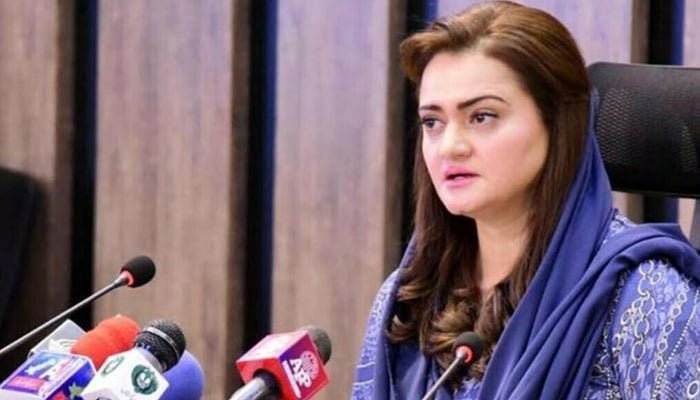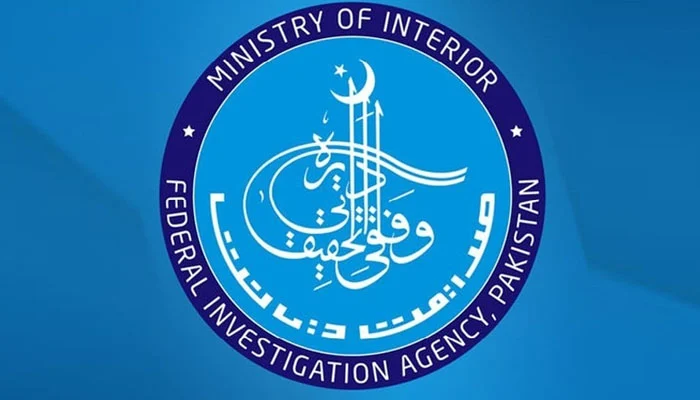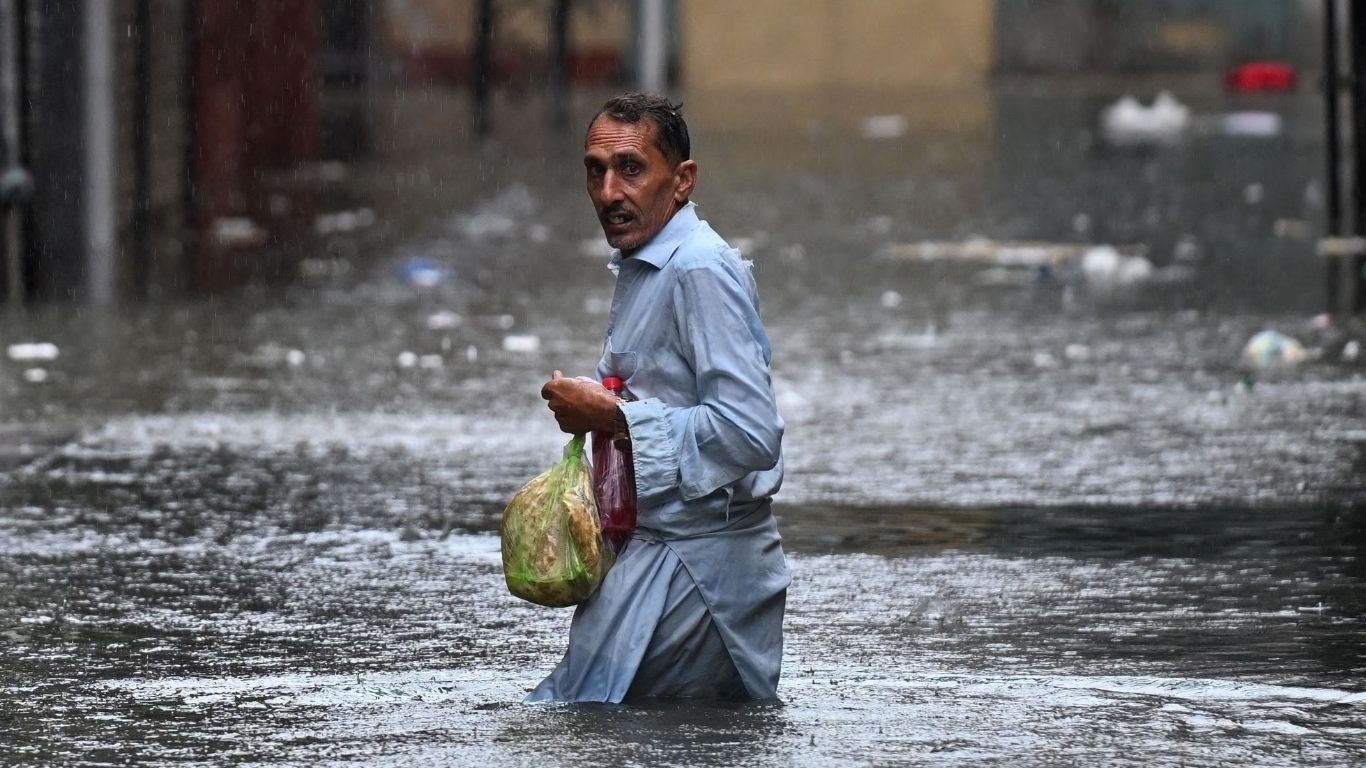Senior Minister of Punjab, Maryam Aurangzeb, has announced that plastic bags will be banned in the province starting from June 6, as per the directive of the Chief Minister. This decision was made during a meeting chaired by Maryam Aurangzeb, where it was decided to digitize the Bhutta Industrial System to improve air quality index.
According to Maryam Aurangzeb, the Chief Minister’s vision emphasizes the need to digitize the Bhutta Industrial System for better air quality index. She stressed that quality of life is a fundamental right for every individual, and steps will be taken to crack down on those responsible for spreading air pollution.
Maryam Aurangzeb reiterated that there will be no compromise with those who play with the lives of human beings. She emphasized the importance of holding accountable those who contribute to environmental degradation and endanger public health.
In addition to the ban on plastic bags, educational institutions have been directed to establish Environmental Climate Change Councils to educate students about environmental conservation and appoint Environmental Ambassadors among students to raise awareness about environmental issues.
The decision to ban plastic bags reflects the government’s commitment to environmental conservation and public health. Plastic pollution has become a significant environmental concern, leading to widespread environmental degradation and posing risks to human health.
Plastic bags, being non-biodegradable, often end up in landfills or water bodies, where they can take hundreds of years to decompose, releasing harmful chemicals into the environment in the process. They also pose a threat to wildlife, as animals may ingest or become entangled in them, leading to injury or death.
By banning plastic bags and promoting the use of alternatives such as reusable bags, the government aims to reduce plastic pollution and its impact on the environment. This initiative aligns with global efforts to combat plastic pollution and promote sustainable living practices.
The decision to digitize the Bhutta Industrial System is another significant step towards improving air quality in the province. Industrial activities, especially those involving the burning of biomass, are a major source of air pollution, contributing to smog and respiratory problems.
Digitizing the industrial system will help monitor and control emissions more effectively, leading to a reduction in air pollution levels. This will not only benefit public health but also contribute to the overall well-being and quality of life of the residents of Punjab.
Establishing Environmental Climate Change Councils in educational institutions is a commendable initiative to raise awareness about environmental issues among the youth. By educating students about the importance of environmental conservation and sustainability, these councils can inspire future generations to become responsible stewards of the environment.
Appointing Environmental Ambassadors among students will further amplify the impact of environmental education, as students can serve as advocates for environmental conservation within their communities. This grassroots approach to environmental activism has the potential to drive positive change and foster a culture of environmental stewardship.
The measures announced by Senior Minister Maryam Aurangzeb reflect the government’s commitment to environmental conservation and public health. By banning plastic bags, digitizing industrial systems, and promoting environmental education, the government aims to address environmental challenges and create a sustainable future for Punjab.



